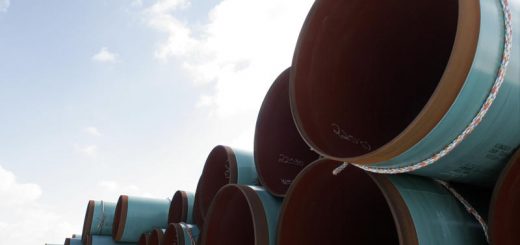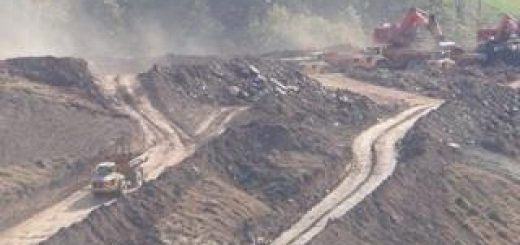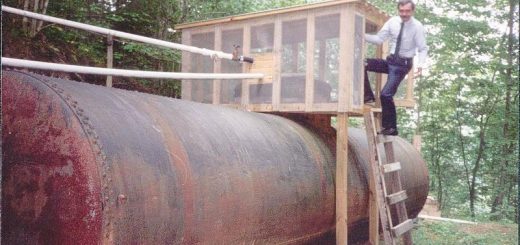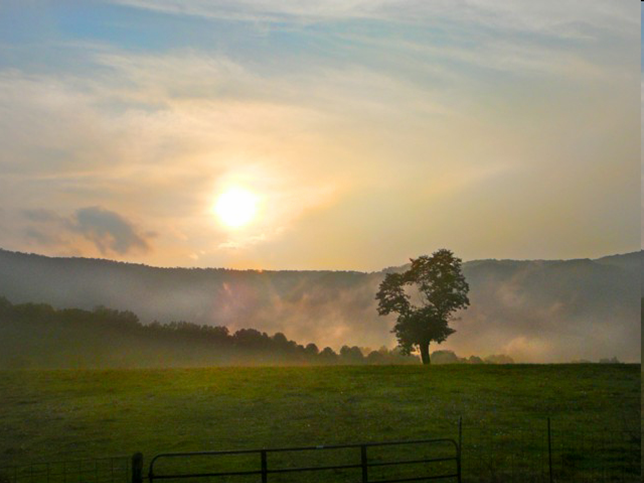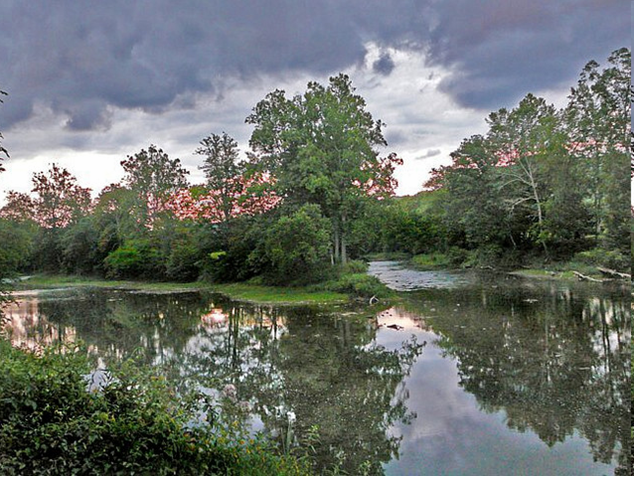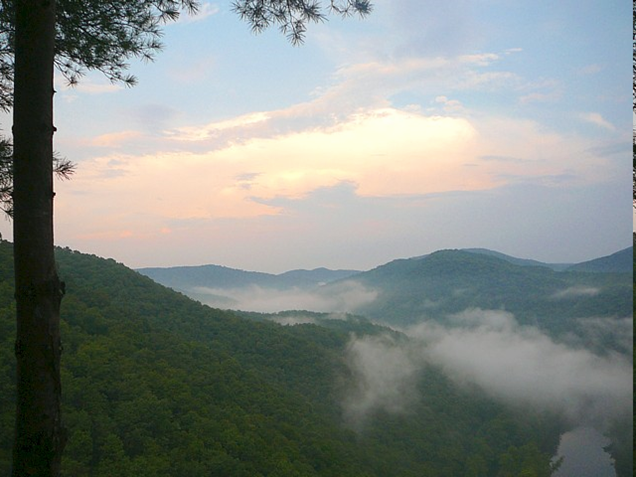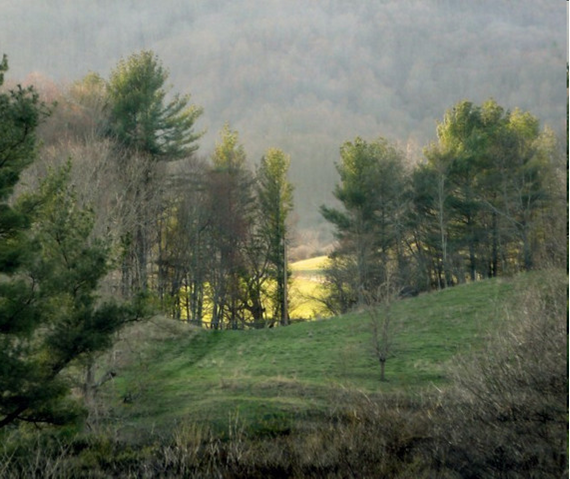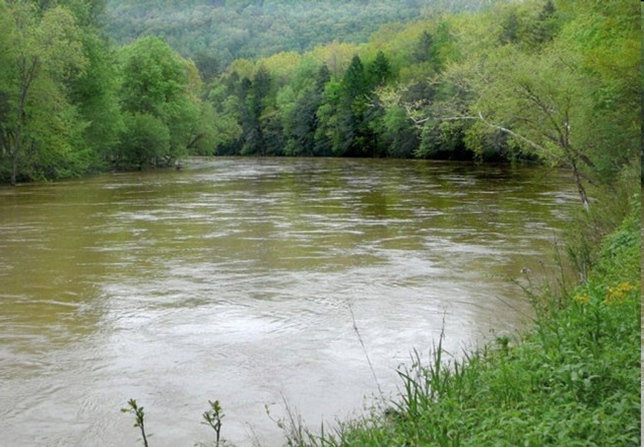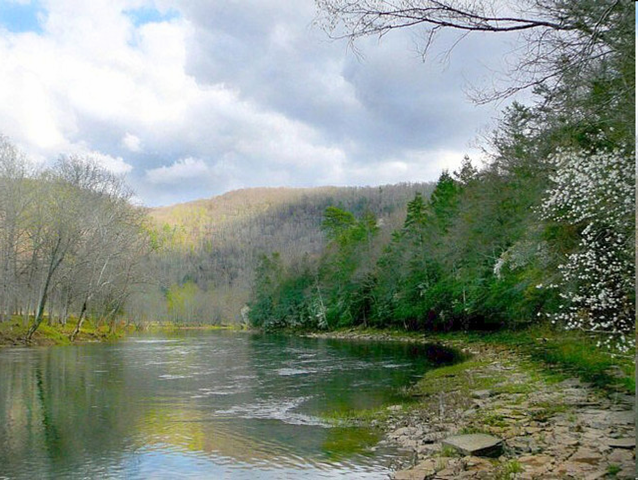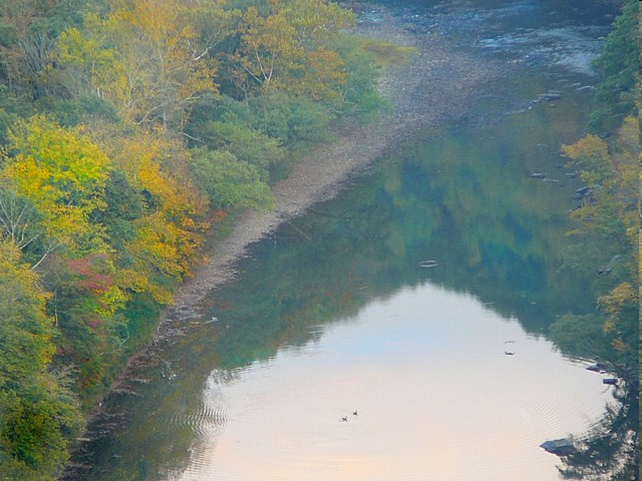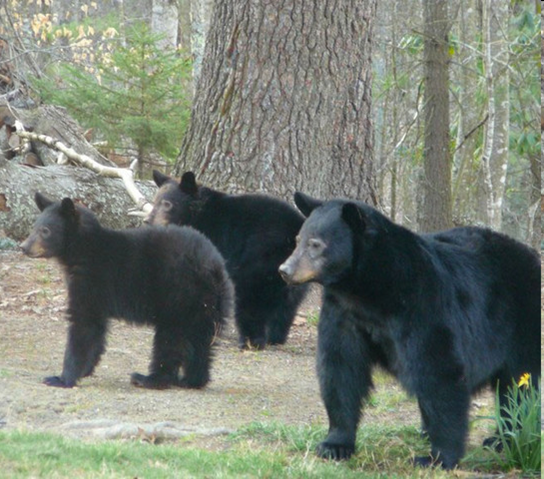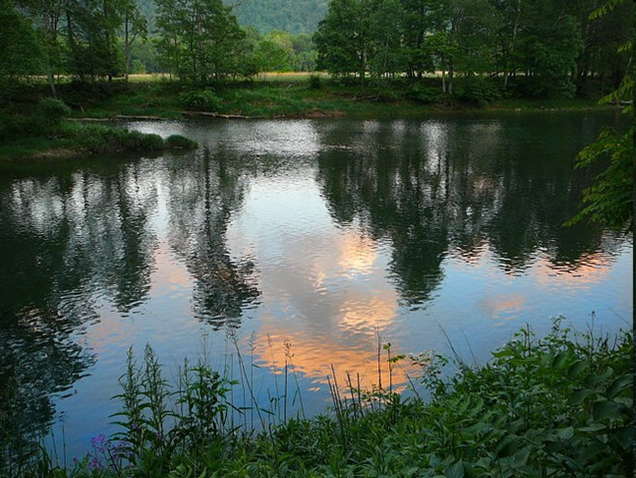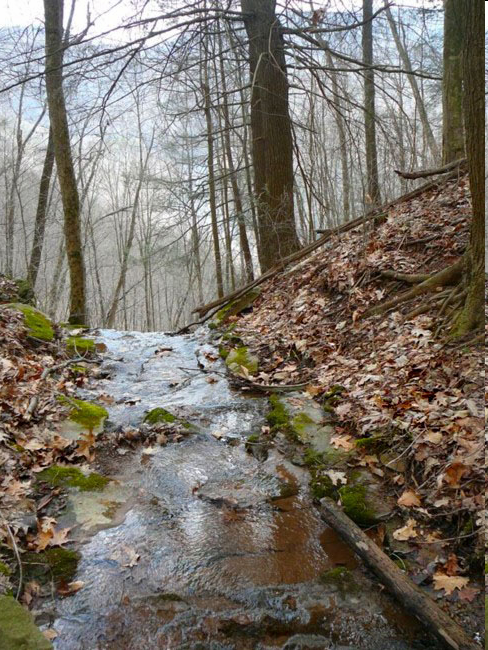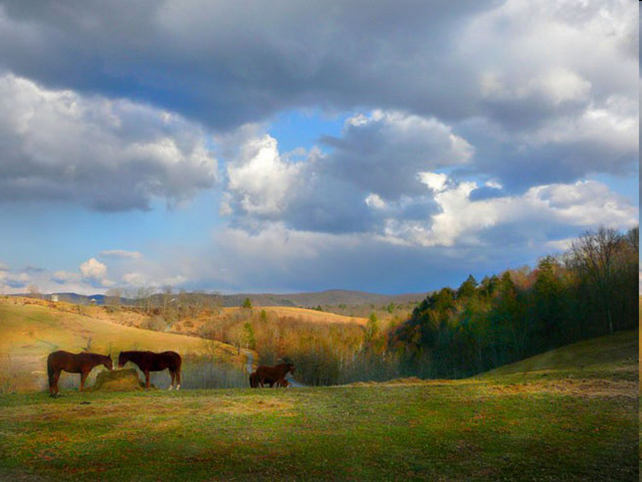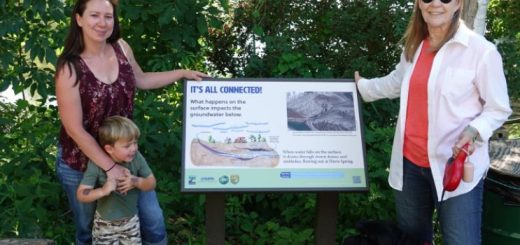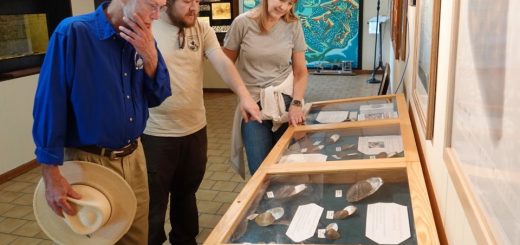U.S. Supreme Court Asked to Hear Pipeline Case
U.S. Supreme Court is asked to hear pipeline eminent domain case
A group of landowners whose property was taken against their wishes for a natural gas pipeline is seeking relief from the U.S. Supreme Court.
The appeal, which involves the use of eminent domain by Mountain Valley Pipeline, is believed to be the first time the nation’s highest court has been asked to consider a challenge involving the controversial project.
Whether that will happen is far from certain; the court agrees to hear oral arguments and render a decision in only about 80 of the approximately 8,000 cases that get filed each year.
“We are hopeful,” said Mia Yugo, one of three attorneys from the Roanoke firm of Gentry Locke involved in the case, “because of the gravity of the issues involved.”
Thirteen landowners along the pipeline’s route are appealing the dismissal of their lawsuit, filed last year in Roanoke’s federal court, challenging the way Mountain Valley used a law that allows the condemnation of private land for a public use.
Among the constitutional questions raised is whether eminent domain, a power normally invoked by governmental bodies for projects such as highways and power lines, should be awarded to a private company in pursuit of profits.
Under the Natural Gas Act, the Federal Energy Regulatory Commission delegated what the lawsuit called “a government-sanctioned land grab” to Mountain Valley when it approved the company’s request to build a 303-mile pipeline through West Virginia and Southwest Virginia.
The appeal contends that Congress ceded too much power to FERC while providing little guidance on what constituted a public use.
As a result, “FERC has been allowed to create a self-imposed, shifting-scale balancing test for determining when to grant a private entity the power of eminent domain to take private land,” according to a 53-page brief filed Tuesday with the Supreme Court.
Pipeline opponents have questioned the need for the pipeline while also raising concerns about the environmental damage of digging trenches to bury a 42-inch diameter pipe across steep mountain slopes and through streams and rivers.
In December, U.S. District Court Judge Elizabeth Dillon dismissed the lawsuit, saying she lacked jurisdiction to hear a challenge that should have started with FERC before proceeding to a federal appeals court.
The 4th U.S. Circuit Court of Appeals upheld her ruling in a decision that is now being appealed to the Supreme Court.
Attorneys for Mountain Valley have argued that the landowners failed to exhaust administrative remedies in their effort to undo a regulatory process that serves the public interest.
“Congress passed the Natural Gas Act and gave gas companies condemnation power to insure that consumers would have access to an adequate supply of natural gas at reasonable prices,” court papers filed by the company stated.
In a separate proceeding, Dillon later granted Mountain Valley’s request to obtain forced easements through the land of nearly 300 Southwest Virginians in the pipeline’s path. Her order required the company to compensate the landowners after the fact, a process that is ongoing.
The appeal filed Tuesday does not question the wisdom of building the pipeline, but rather the process on which the condemnations were based.
Although action from the Supreme Court may come too late to stop a project that is currently under construction, Yugo said, the landowners are taking a stand in hopes that it will help others in similar situations.
“The right to private property secures our freedom from government overreach,” she said. “It is not a ‘left’ issue or a ‘right’ issue. It is an American issue.”
For video please visit Roanoke Times


